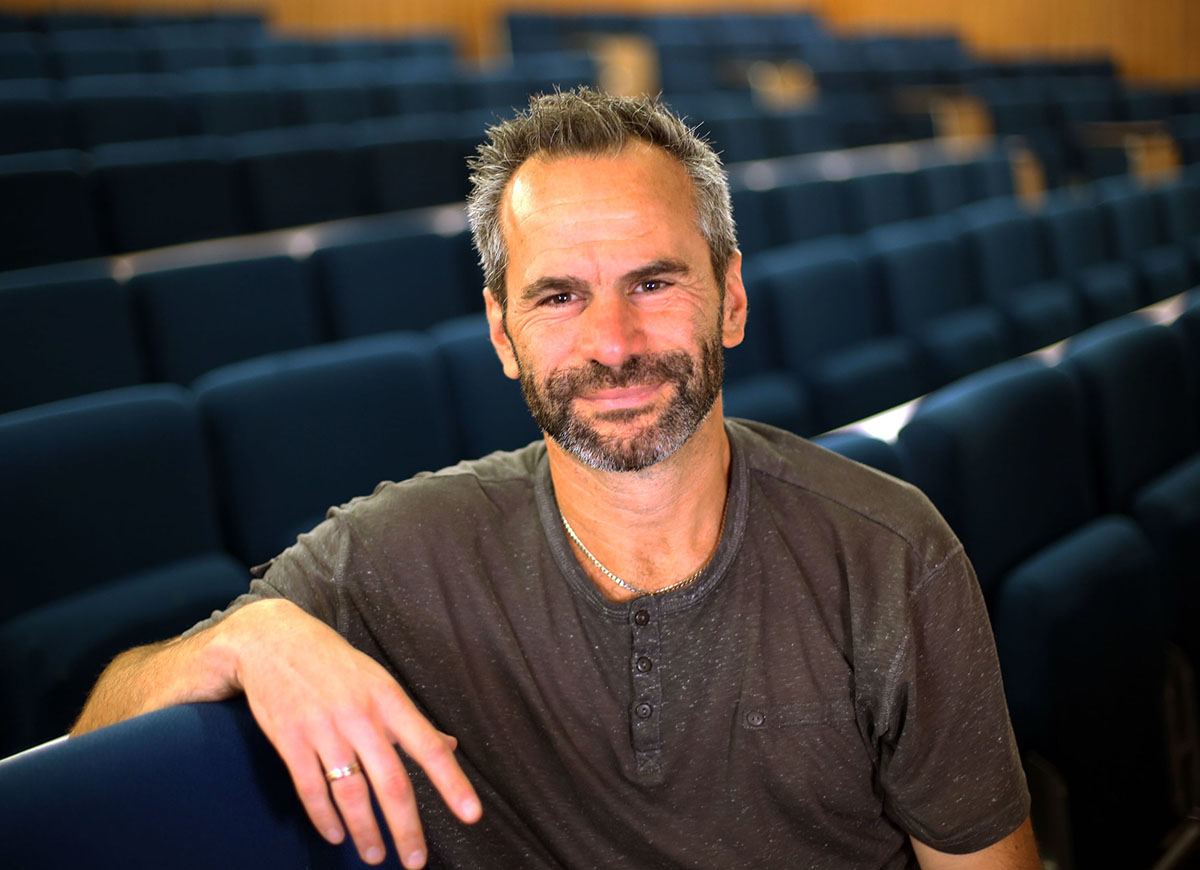This interactive workshop provides participants with an opportunity to develop their understanding of working with goals in counselling and psychotherapy, and to develop their skills in this emerging area. Although many therapists are reluctant to focus on goals, they provide an opportunity to help clients define, for themselves, what is important to therapy; and evidence suggests that many clients do want to develop them as an orientating-point for therapy. The workshop starts by examining the 'teleological' philosophical principles underlying a goal-orientated approach to therapy — that human beings are 'directional', striving towards things — and goes on to examine what has been learnt from the psychological research about the nature of goals and goal processes (for instance, distinguishing between 'approach' and 'avoidance' goals). It then goes on to a more practical exploration of working with goals, including skills practice and video demonstrations.
LEARNING OUTCOMES
By the end of this workshop, participants will be able to:
- Recognise the philosophical, ethical and psychological rationale for working with goals in counselling and psychotherapy
- Discuss the theory and evidence that relates 'goal actualisation' and goals types to psychological wellbeing and distress
- Apply basic methods of goal-setting and goal-negotiation in counselling and psychotherapy
- Use the Goals Form in an appropriate manner
SCHEDULE
- Session 1: Philosophical and ethical basis for working with goals
- Session 2: The psychology of goals: How wellbeing and distress are related to 'goal actualisation'
- Session 3: Basic principles and methods for working with goals in counselling and psychotherapy
- Session 4: Using the Goals Form
FORMAT
The workshop combines self-development exercises, theoretical input, practical exercises, and small and large group discussion.
The workshop is appropriate for training and practising counsellors, psychotherapists, counselling psychologists and other mental health professionals.
DETAILS
Sunday 27 January 2018, 9:30am start, 4:30pm finish. Lifetime Therapy, 77 Lemon Street, Truro, Cornwall TR1 2PN (first floor, no lift)
Vegan lunch box option available and tea and coffee available throughout the day. Concessions are for students and unemployed people only.
BOOK A SPACE
MICK COOPER
Mick Cooper is co-author of Working at Relational Depth in Counselling and Psychotherapy (first published in 2005 with Dave Mearns), and recently returned to Brighton after 11 years living in Glasgow. He is an internationally recognised author, trainer and consultant in the field of person-centred and humanistic therapies. Mick is a counsellor, psychotherapist and Chartered Psychologist; and Professor of Counselling Psychology at the University of Roehampton. Mick has facilitated workshops and lectures around the world, including Australia, Lithuania and Florida. Mick's books include Existential Therapies (Sage, 2017), The Handbook of Person-Centred Psychotherapy and Counselling (Palgrave, 2013, 2nd ed.), and Essential Research Findings in Counselling and Psychotherapy (Sage, 2008). Mick's principal areas of research have been in shared decision-making/personalising therapy, and person-centred counselling in schools. In 2014, Mick received the Carmi Harari Mid-Career Award from Division 32 (Humanistic Psychology) of the American Psychological Association. He is a Fellow of the British Association for Counselling and Psychotherapy and the Academy of Social Sciences.
Website
RESOURCES
BOOKS
Working with Goals in Psychotherapy and Counselling
RESEARCH PUBLICATIONS
Papayianni, F., & Cooper, M. (2017) Metatherapeutic communication: an exploratory analysis of therapist-reported moments of dialogue regarding the nature of the therapeutic work. British Journal of Guidance & Counselling. doi: 10.1080/03069885.2017.1305098
Cooper, M. (2014). Wants: A core humanistic construct. Self and Society, 42(3-4), 30-36.
Rupani, P., Cooper, M., McArthur, K., Pybis, J., Cromarty, K., Hill, A., . . . Turner, N. (2014). The goals of young people in school-based counselling and their achievement of these goals. Counselling and Psychotherapy Research, 14(4), 306-314. doi: 10.1080/14733145.2013.816758
Cooper, M. (2013). The intrinsic foundations of extrinsic motivations and goals: Towards a unified humanistic theory of wellbeing. Journal of Humanistic Psychology, 53(2), 153-171


